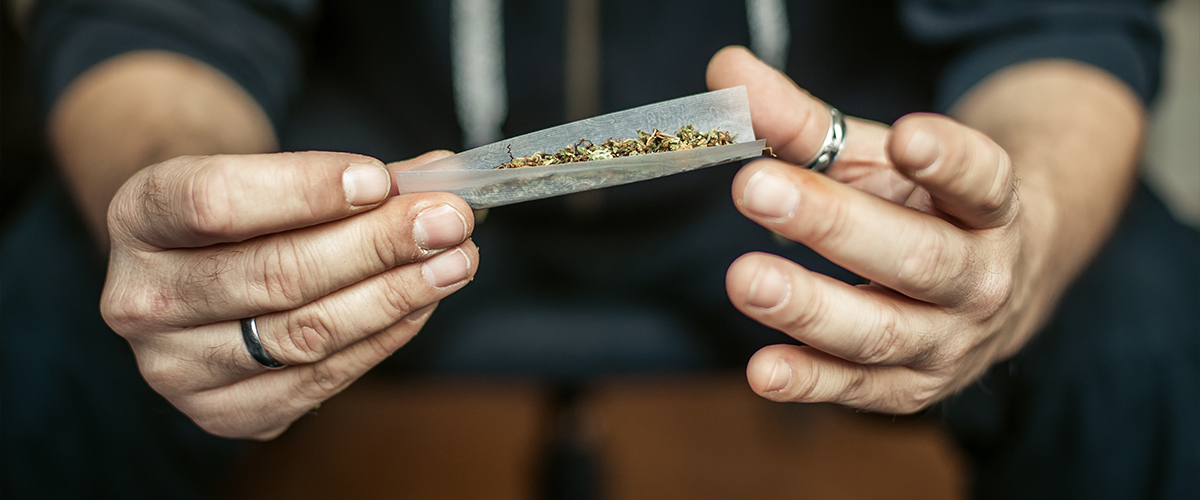 “Background: The ongoing opioid overdose crisis is driven largely by exposure to illicitly-manufactured fentanyl. Preliminary observational and experimental research suggests that cannabis could potentially play a role in reducing use of prescription opioids among individuals with chronic pain. However, there is limited data on the effects of cannabis on illicit opioid consumption, particularly fentanyl, especially among individuals on opioid agonist therapy (OAT). We sought to assess the longitudinal association between cannabis use and exposure to fentanyl among people on OAT.
“Background: The ongoing opioid overdose crisis is driven largely by exposure to illicitly-manufactured fentanyl. Preliminary observational and experimental research suggests that cannabis could potentially play a role in reducing use of prescription opioids among individuals with chronic pain. However, there is limited data on the effects of cannabis on illicit opioid consumption, particularly fentanyl, especially among individuals on opioid agonist therapy (OAT). We sought to assess the longitudinal association between cannabis use and exposure to fentanyl among people on OAT.
Results: Among the 819 participants on OAT who contributed 1989 observations over the study period, fentanyl exposure was common. At the baseline interview, fentanyl was detected in a majority of participants (431, 53 %), with lower prevalence among individuals with urine drug tests positive for tetrahydrocannabinol (47 vs. 56 %, p = 0.028). Over all study interviews, cannabis use was independently associated with reduced likelihood of being recently exposed to fentanyl (Adjusted Prevalence Ratio = 0.91, 95 % Confidence Interval: 0.83 – 0.99).
Conclusions: Participants on OAT using cannabis had significantly lower risk of being exposed to fentanyl. Our findings reinforce the need for experimental trials to investigate the potential benefits and risks of controlled cannabinoid administration for people on OAT.”
https://pubmed.ncbi.nlm.nih.gov/33342591/
“Opioid agonist therapies (OAT) are the primary treatments for opioid use disorder. Exposure to fentanyl is driving mortality risk in the overdose crisis. Among 819 participants on OAT, cannabis was negatively associated with fentanyl. Experimental trials are needed to evaluate cannabis use during OAT.”
https://www.sciencedirect.com/science/article/abs/pii/S0376871620305858?via%3Dihub
“Cannabis could reduce fentanyl use, reduce overdose risk: study” https://www.bccsu.ca/blog/news-release/cannabis-could-reduce-fentanyl-use-reduce-overdose-risk-study/
“Cannabis could reduce fentanyl use, reduce overdose risk” https://www.med.ubc.ca/news/cannabis-could-reduce-fentanyl-use-reduce-overdose-risk/

